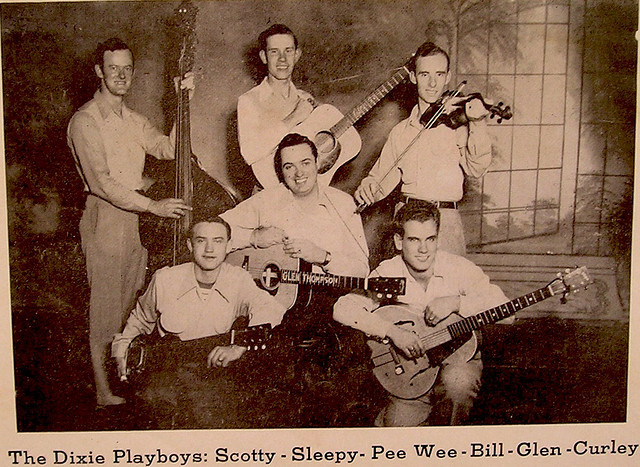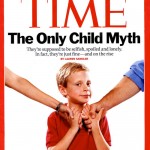I am a rebel! What can I say? There I sat in the dimly lit coffee shop throwing caution to the wind. Despite all warnings that reading in poor lighting will ruin your eyes I was studying the Gospel of Mark under a small table lamp. I know, it’s just scandalous. The coffee shop wasn’t very crowded so it was easy for me to spot two other young men, on opposite sides of the room who were also reading their Bibles. It was an interesting sight to behold, and it got me thinking: young 20 something Christians like coffee and the Bible. To me that’s kind of cool, and cool and Christianity are a topic that is as hot as a fresh pot of Joe these days.
I recently read and reviewed Brett McCracken’s book Hipster Christianity: When Church and Cool Collide. My conclusion was that McCracken did a poor job of analyzing these so called “hipsters.” I am anxiously waiting for a thorough analysis and investigation of what these young Christians and their churches mean for the future of evangelicalism. As I wait, however, I thought I might as well try and attempt a simple look at some of the common trends among my Christian peers and offer up my own predictions. I am, myself, a young “20 something” pastor, and so I spend a great deal of time thinking about this relationship and what it means for the future, for the church, and for the gospel. My particular role at our church is in the discipleship ministry and I believe that the present and the future of discipleship among young adults is very excited.
You can call them “Hipsters” if you’d like, though the term is actually a derogatory term (Brett McCracken acknowledges this in his book, but suggests he can think of no other term befitting). You can call them Emergents or Neo-Calvinists, or some other name yet to be invented. Realistically I think it’s hard to categorize them into some group beyond young adults, but that is not to say, however, that there aren’t some common trends among young adult Christians that are worthy of an investigation. The hope is that as we study these trends together we see a way to encourage them and utilize their energies and passions for the good of the Kingdom of God. Of course in discipleship this should be done with all peoples, regardless of ages and interests. But since the topic of “Hipster” Christians is particularly popular at the moment it is worth a good discussion.
My goal in a forthcoming series of posts will be to analyze four trends among young adult Christians and what they mean for the future of evangelicalism, as best I can predict. First, Missions. Second, Social Justice. Third, Art. Lastly, Christian Liberty. What do you think are some common trends among young adult Christians today, and what do you think, if anything, these trends mean?











